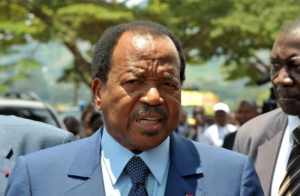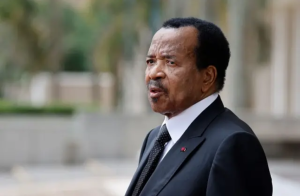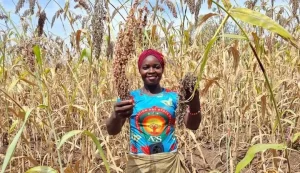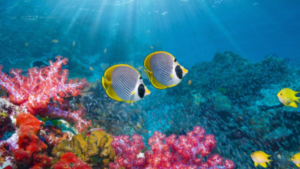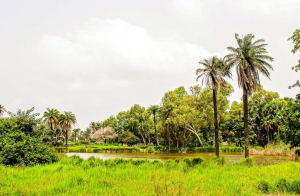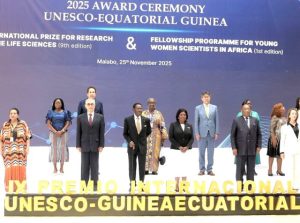Africa-Wide ban on Donkey skin trade receives praise from animal Welfare Charities
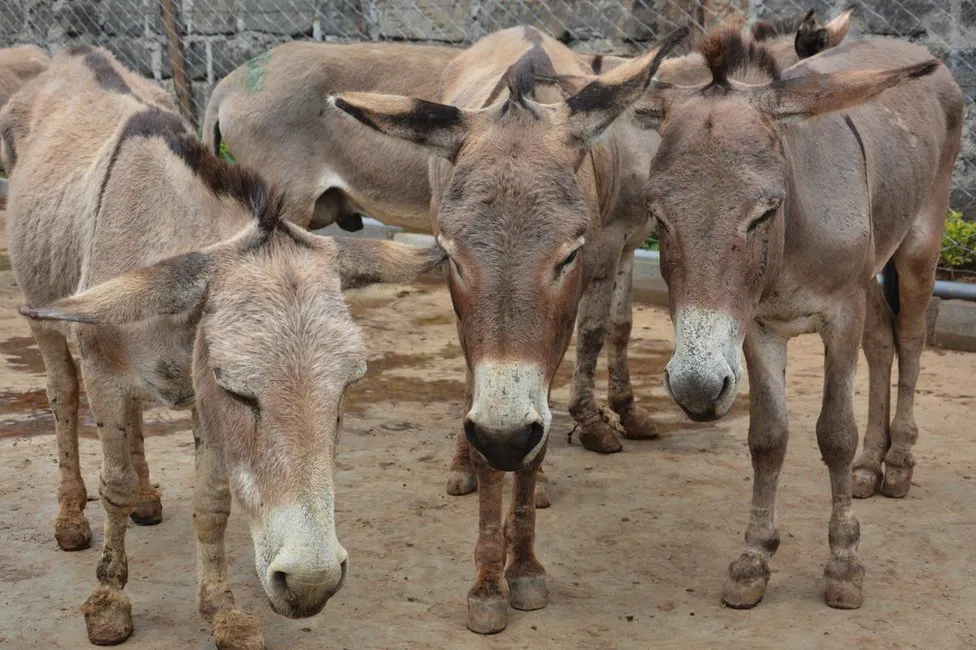
Animal welfare organizations are applauding the recent Africa-wide prohibition of the controversial donkey skin trade, making it illegal to slaughter donkeys for their hides across the continent. The decision was reached at the conclusion of the African Union summit in Ethiopia on Sunday.
The ban aims to curb the demand for donkey skins, primarily driven by the popularity of the ancient Chinese medicine Ejiao, traditionally derived from donkey hides.
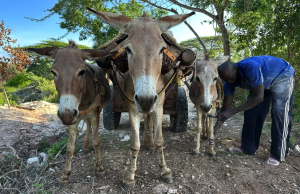
The trade has been criticized by charities like the Donkey Sanctuary as «brutal and unsustainable», causing a significant decline in donkey populations globally, especially in Africa and South America.
Ejiao is believed by some to possess anti-ageing and health benefits, although these claims remain unproven.
Initially using donkey skins sourced within China, Chinese companies turned to overseas suppliers as domestic donkey numbers plummeted.
Dr. Solomon Onyango from the Donkey Sanctuary in Kenya highlighted the impact of the trade on local donkey populations.
«Between 2016 and 2019, about half of our donkeys were killed for the trade»,he said.
Dr. Onyango expressed optimism that the ban would play a crucial role in safeguarding donkeys and the livelihoods of millions of people who depend on them.
Approximately two-thirds of the world’s estimated 53 million donkeys reside in Africa, primarily serving as vital assets for transport and carrying essential goods in impoverished rural communities.
A recent study in Ethiopia aimed at measuring the economic value of donkeys underscored their significance, showing that owning one could be the difference between destitution and a modest livelihood.
Raphael Kinoti, the regional director of The Brooke, an animal welfare charity in East Africa, hailed the ban as a «terrific moment for communities in Africa».
He emphasized the erosion of livelihoods caused by donkey slaughter for their skins and urged all African Union members to uphold the decision for the greater good.
Source and credit: bbc.com







